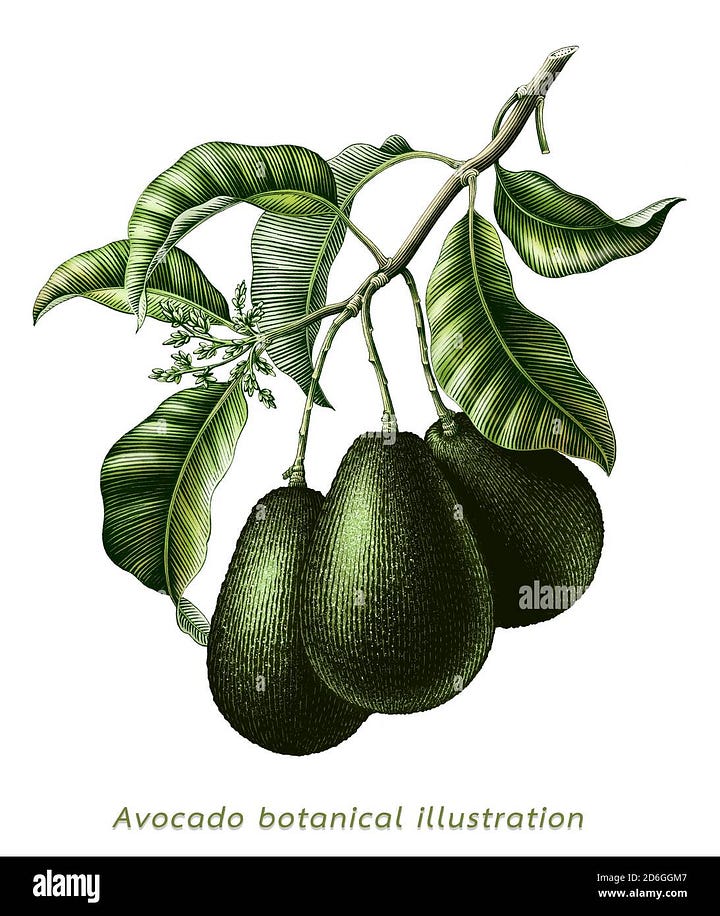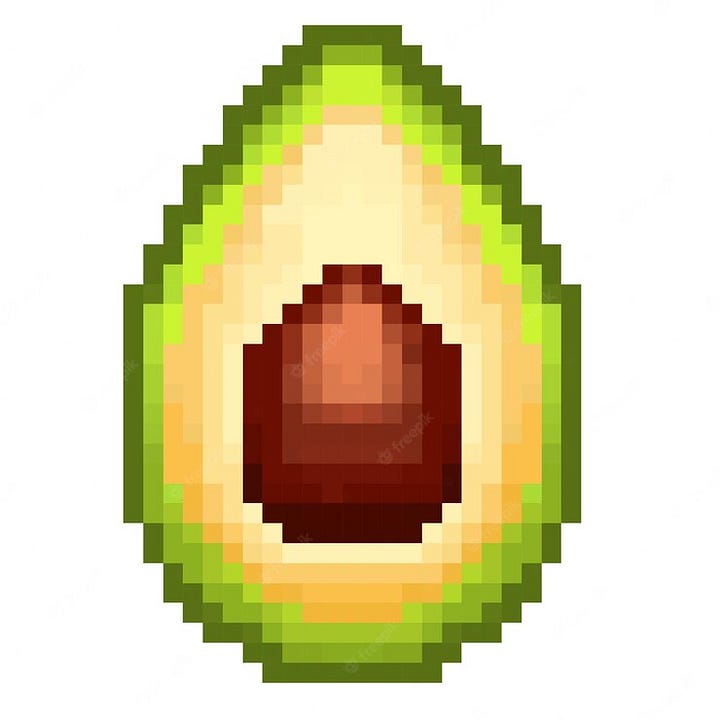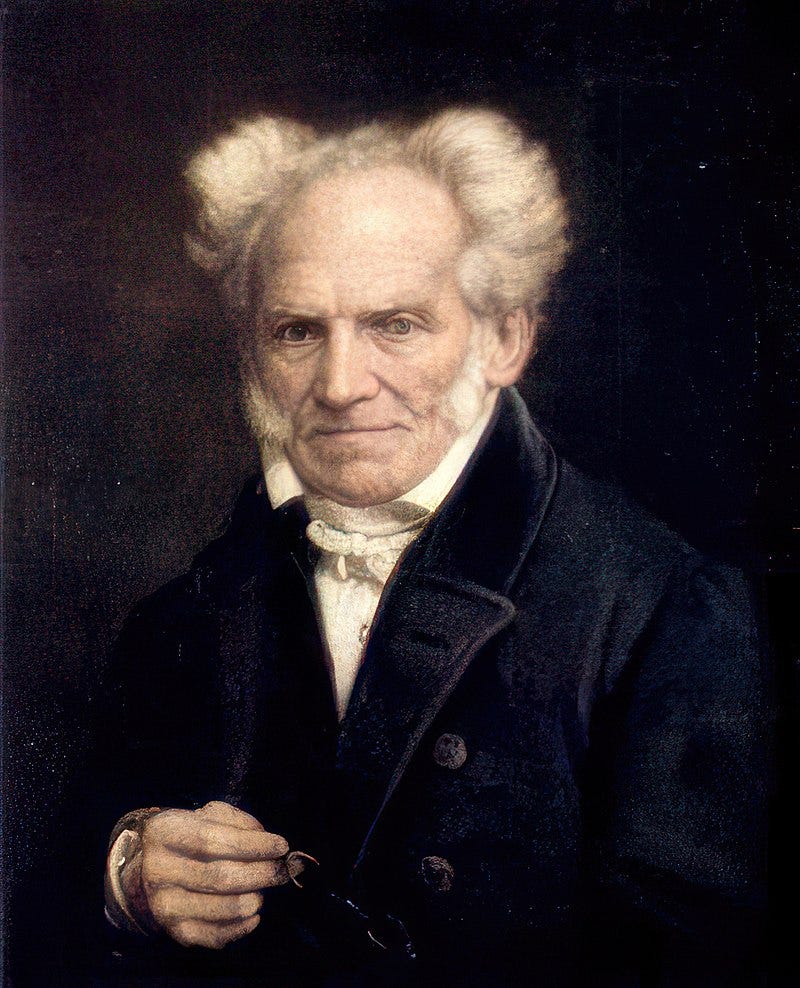



One definition of poetry is something like, “the music of language.”
For the hardcore meter-heads out there, the rhythm of the syllable stresses has to be pretty tight or they get all huffy.
For others, conversational English is pretty musical on its own, with little poems falling out of our mouths all day long.
I don’t have a mature enough ear for strict meter, and it seems to me that not ALL language is poetry, so the work I try to write and the work I enjoy reading is usually somewhere in the vast middle between.
When trying to get published, I am often rejected for reasons unknown to me. But then reading some of these publications, it’s like I’ve been trying to get an experimental jazz radio station to play my ska band’s new 7”.
The German philosopher Arthur Schopenhauer believed music to be the best artform in part because he saw it as a pure expression of the will and therefore the purest relief from it (I’m paraphrasing, perhaps poorly). Like, we are forever at the behest of our various biological needs/desires and when we are engaged with art, most of all music, we are able to escape those drives for a while. Compelling stuff!
I don’t know how Schopenhauer would respond to modern artforms like film or rap-metal or video games, but one thing seems true: the music you like is tied more to your identity as you present it to the world than any other artform. I can’t speak for all of humanity, but I see more t-shirts for bands than t-shirts for novels or sculptures. And I don’t judge other people’s music taste in part because it all feels so personal to who we fundamentally are (I once hurt a friend’s feelings because I made fun of Counting Crows. I once lost respect for someone for a decade because Evanescence was their favorite band. So I don’t do that anymore!). When you have a movement like punk, which is in part a reaction against arena rock bands and their fans and their complicated guitar solos, you have to grapple with the tension between yucking someone’s yum and protesting extravagant, capitalist bullshit. Punk was the closest to a “scene” I ever belonged to. I don’t belong to any puppetry or architecture scenes.
That said, I cannot forgive anyone for liking “Butterfly” by Crazytown.
So poetry is at least somewhat concerned with the music of language. But unlike regular music, with the instruments and the groupies and the spotify playlists, poetry music asks the reader/listener to do different work when building the tune of the piece. It’s not like music can’t be interpreted and puzzled over or mean differently depending on the experience and thought you put into it, but you don’t HAVE to do any of those things to enjoy it. In poetry, you do. You gotta put in at least some work when engaging with a poem, especially when reading it, and that’s usually not relaxing or meditative or cathartic as immediately as music can be. I’m still not sure what “Africa” by Toto is about, but I will never not blast it.
In Frank O’Hara’s 1959 essay “Personism: A Manifesto” he says:
Nobody should experience anything if they don’t need to, if they don’t need poetry bully for them. I like the movies too. And after all, only Whitman and Crane and Williams, of the American poets, are better than the movies.
Frank O’Hara would have had a great podcast.
If poetry requires a little work, then some of the people who work really hard at writing and reading it have (unconscious?) resentment for the people who like page-turning poetry or accessible poetry or people who say they don’t like poetry at all. Music snobs do this as well; everyone hates those guys. But I don’t know anyone who hates ALL music.
I wrote a poem that has yet to be published where I quote a thing I heard on NPR, something like, “at the center of every poem is silence.” At the time I remember thinking “I want a breakdancing lemur at the center of my poems.” Dean Young said that he didn’t think performance poetry was a real genre because the reading of a poem was a private experience. Maybe for you, Dean Young!
I guess the punk part of me will always bristle at prescriptive definitions, while also yearning for them! I resent the yearning!
As mentioned, I don’t know anyone who hates all music, but I was talking with a couple of deaf poet friends a while ago and I said something like “the iPod has to be one of the most culturally transformative technologies of the last century.” And my friend Peter just pointed to his ears and shrugged.
Consider this poem by him and his partner Kenny Lerner of the Flying Words Project:
Kenny does a great job interpreting and voicing the piece, and without whom I wouldn’t understand it, but there’s a reason why it’s just Peter performing it for the camera. Would Dean Young say this isn’t poetry because it literally has to be performed in order to be what it is? Would Schopenhauer call this inferior to music?
Sign language performance seems to me to be less up-front work for the audience (either from already knowing ASL or having it interpreted) than the written abstraction of language. Written language is an arbitrary representation of speech, which is a mostly arbitrary abstraction of meaning. Body language and tone drop away in the transfer from talk to text, but with sign language, the text IS the body moving. The body language is the language, is the speech, is the meaning and the tone.
Soooooo what is music? what is poetry? what is everyday speech? what is dancing? what is singing? what is it I’m trying to teach?
Let’s pretend that there is a little avocado called art.
It’s sitting in a bin at the store with a bunch of other artvocados.
You fondle several, shaking hands with everyone who came before you to buy avocados that day.
You find one that is just firm enough, just a whisper of give, skin not too shiny or dull. It is not ripe but it WILL be at the exact instance you need to make a sandwich in 14 hours. If you miss your window, the whole thing is fucked.
Regardless of how it tasted or whether you shamefully let it mush on the counter from neglect, there is always that big ass seed in there - that perfect wood egg. So many people know how to germinate that seed with toothpicks and a cup of water because, I am convinced, it is too beautiful to always just throw away. Especially if you failed to eat the meat in time.
So you grow an avocado sapling. You know that it probably won’t live past the year on your windowsill. But you pot it and water it and do what you can with the climate you have. Eventually, you grow one that doesn’t die. Maybe the leaves all fall off from when you didn’t water it that week you had the flu, but it bounces back.
You know that if you are able to grow this to any meaningful tree size, you will need to invest in more soil, a larger pot, fertilizer, read a blog or two. You know that unless you live somewhere perfect for avocados, the right light and humidity and day length and soil pH, and space and air and weather, that if you wait a decade, you STILL probably won’t get a tree that can grow fruit and EVEN if you somehow DO, that fruit will not taste anything like the one who birthed it.
But what are you hoping to be? An avocado farmer? That was never the wish at the center of your care, the silence at the center of the embryo. That’s not why you keep saving your avocado seeds.
Depending who you are, where you are, when you are, what you have, what you don’t, what you’ve been taught from reading and failing, what happens while it grows, all that will impact what kind of tree you will from seed.
Because so much shapes this living art (with the basic program for who it wants to become in its DNA) it’s not super important to me what I call the genre of art I grow. The point is the growing. The point is the life. The point is I’m still in love every time the seed cracks, every time the root emerges, the stalk emerges, when those first four leaves start sucking in sunshine and spitting out oxygen.
And whenever I see an avocado tree growing as someone’s houseplant where I live in Chicago, I feel connected to that person in a way that is unspeakable and wordless.




